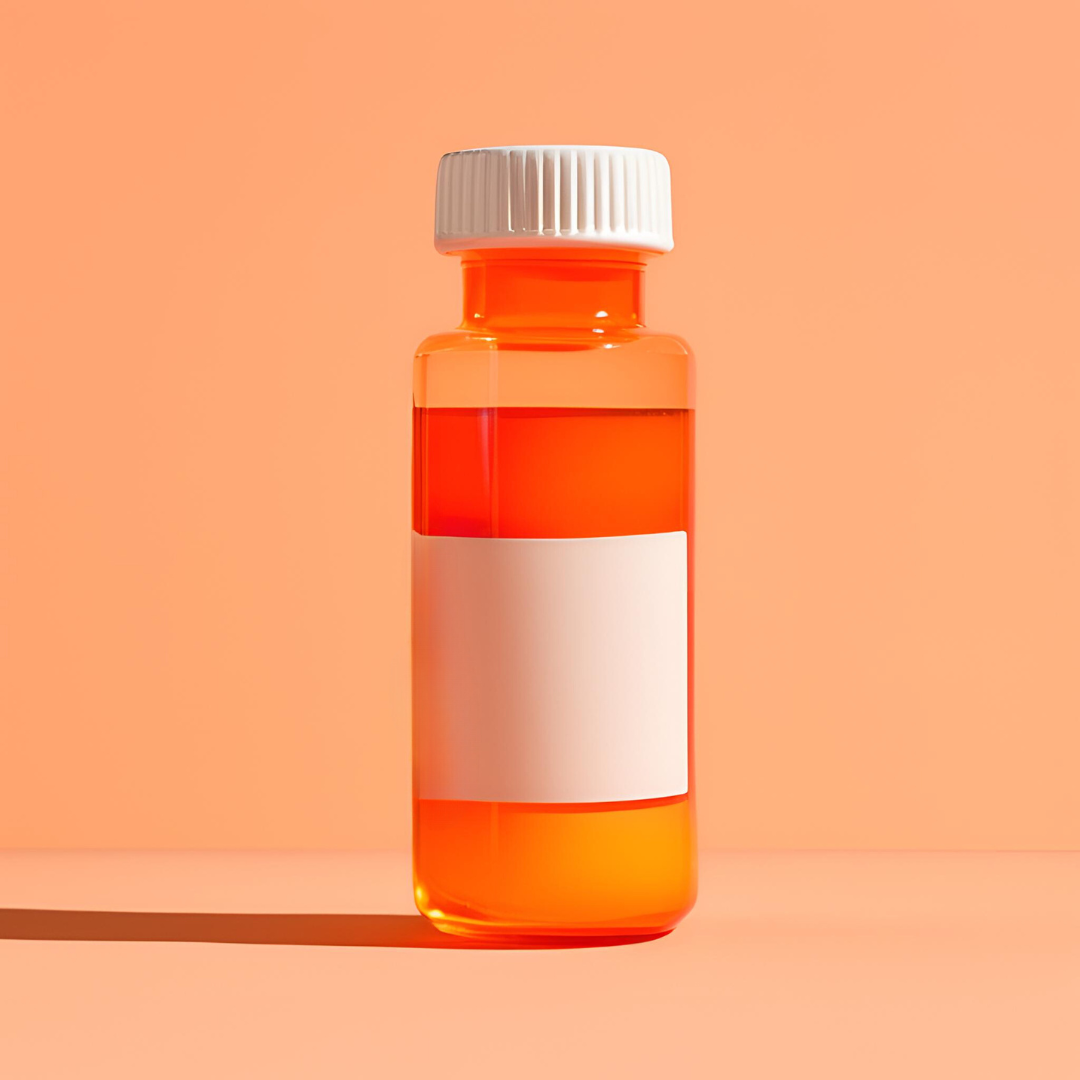GLP-1 injections
Weight loss made easy
Not sure which to choose?
FAQs
-
When you book a consultation we collect labs and determine whether you are fit for either Semaglutide or Monjouro based on body mass index and blood results. If you have a body mass index over 30 or any weight related problems like high blood pressure, high cholesterol, or type 2 diabetes you may qualify.
-
The average adverse side effects of both Monjouro and Semaglutide according to National Institutes of Health are nausea and diarrhea in up to 10% of patients (Tirzepatide). Staying hydrated is also encouraged as the medicine could result in mild dehydration. Avoiding greasy foods, eating smaller portions, and montioring alcohol intake as your body adjusts to the medicine helps alleviate these symptoms. Fatigue, vomitting, dizziness, belching, acid reflux, and gas can be resulting side effects. Our RN providing a slow dosage increase helps alleviate these symptoms.
-
The injections are self-administered with small needles into the abdominal area each week on the same day.
-
When you eat, your gut releases a substance called GLP-1 receptor agonist, which semaglutide mimics to tell your brain you're full. This decreases appetite, diminish sugar cravings, and enhances the capacity to control eating behaviors.
-
The best results of both Monjouro and Semaglutide are seen when paired with both a healthy diet and exercise.
-
Within the three-months of taking the injections, your body will stop craving large portions. The desire will not come back immediately as a result. Continuing to eat healthy and exercise will help maintain results.
-
There are some rare cases in which Semaglutide and Monjouro should not be taken. Patients with Multiple Endocrine Neoplasia syndrome type 2 (MEN 2) or those with a personal or family history of medullary thyroid cancer. According to the National Institute of Health, Semaglutide should not be used by people with pre-existing medical disorders such pancreatitis, impaired renal function, low blood sugar, gallbladder disease, or diabetic retinopathy.
-
Your weight loss goal discussed in the consultation and the results of your hemoglobin A1c and body weight, monitored by our RN determine your next dosage. A1c levels can be checked as frequently as every three months.








